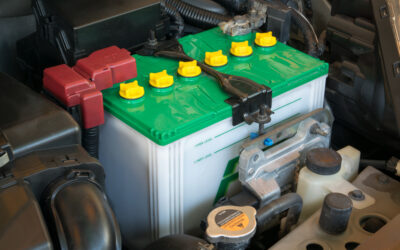If you’re like most people, you probably want your car to last as long as possible. Nobody wants to have to go through the hassle of buying a new car every few years – it can be expensive and time-consuming. In this blog post, we will share how you can help your vehicle last a lifetime! Follow these tips, and you’ll be on your way to vehicle longevity!
1. Regularly change your car’s oil and filter
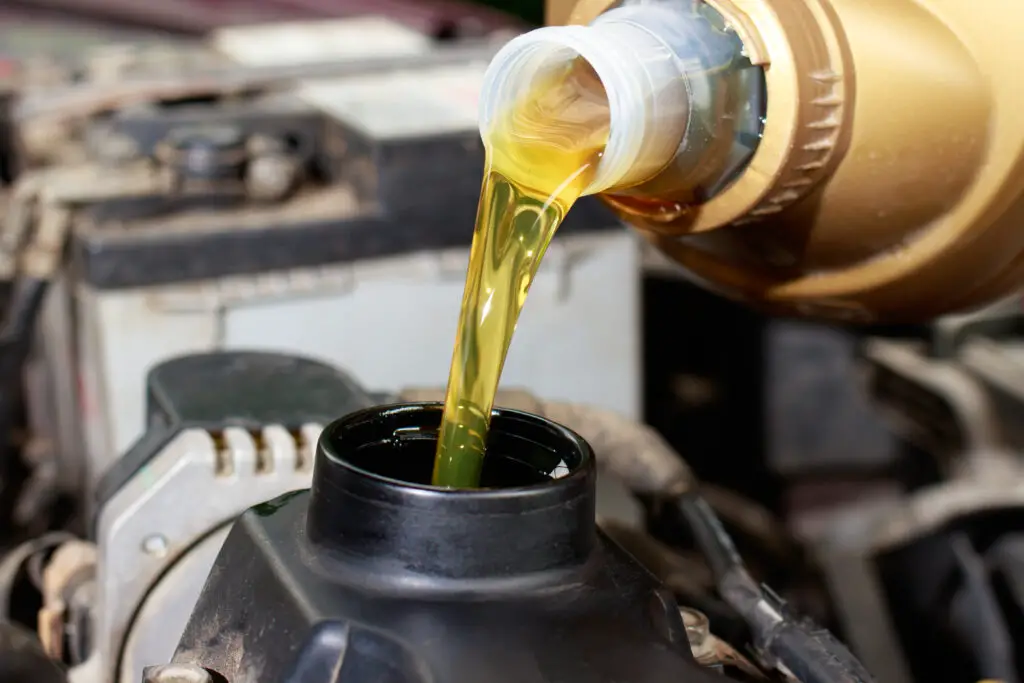
One of the simplest and most effective ways to extend your car’s life is to change its oil and filter regularly. Over time, oil breaks down and becomes less effective at lubricating your engine. This can lead to increased wear and tear, which can shorten your engine’s lifespan. Changing your oil regularly will help ensure that your engine stays properly lubricated and runs smoothly for years to come.
2. Inspect your vehicle’s brakes on a regular basis
Brakes are one of the most critical safety features on your vehicle, so it’s essential to inspect them regularly. Look for signs of wear and tear, such as cracks or leaks in the brake line. If you notice any problems, take your car to a qualified mechanic to have the brakes repaired or replaced.
3. Pump up your tires regularly
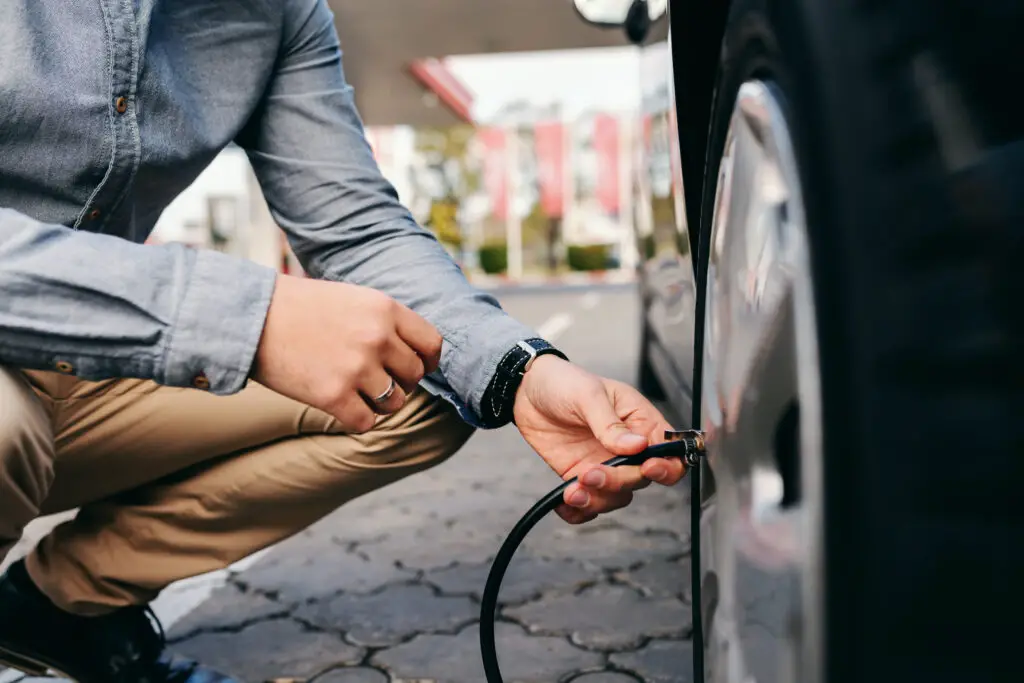
Another easy way to keep your car running smoothly is to check your tire pressure regularly. Properly inflated tires can improve your gas mileage, handling, and braking. Additionally, they can help prevent flats and blowouts. If your car has no TPMS (Tire pressure monitoring system) installed, you should check your tire pressure at least once a month to ensure that they are correctly inflated. Most cars have a little sticker, that shows the correct tire pressure for the current model. That sticker can be located inside the driver’s door, on the fuel tank door, or sometimes inside the glove box.
And in addition to that, remember to regularly inspect your tires on wear and tear, and balance your wheels at least one a year. That also will prolong the lifespan of your tires.
4. Keep your gas tank at least half full
If you let your gas tank run too low, it can cause the fuel pump to overheat. This can lead to premature wear and tear or may even damage the pump. Additionally, if you live in a cold climate, keeping your gas tank at least half full will help prevent the fuel line from freezing.
5. Change your air filter
Your car’s air filter helps ensure that the air entering your engine is clean and free of debris. A dirty air filter can restrict airflow and reduce fuel efficiency. For best results, change your air filter every 12 months or 12,000 miles, whichever comes first.
6. Replace spark plugs and leads
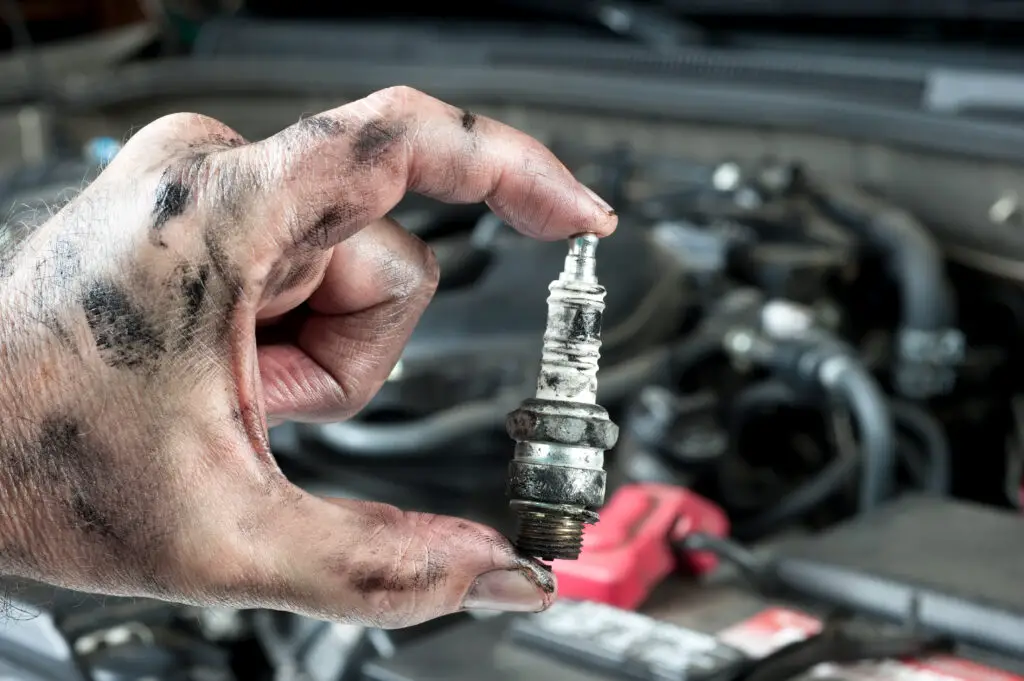
Spark plugs and leads are responsible for igniting the air/fuel mixture in your engine. Over time, they can become fouled or damaged, which can cause your engine to misfire. To keep your engine running smoothly, replace spark plugs and leads every 30,000 miles.
7. Use a windshield sunshade to protect the interior from UV rays
A windshield sunshade can help protect your car’s interior from the damaging effects of UV rays. This is especially important if you live in a sunny climate or park your car outside.
8. Park in the shade
Whenever possible, to keep the interior cool and to reduce heat exposure, try to park in the shade. This will help keep your car’s interior cool and reduce heat exposure.
9. Wax your car regularly to protect the paint
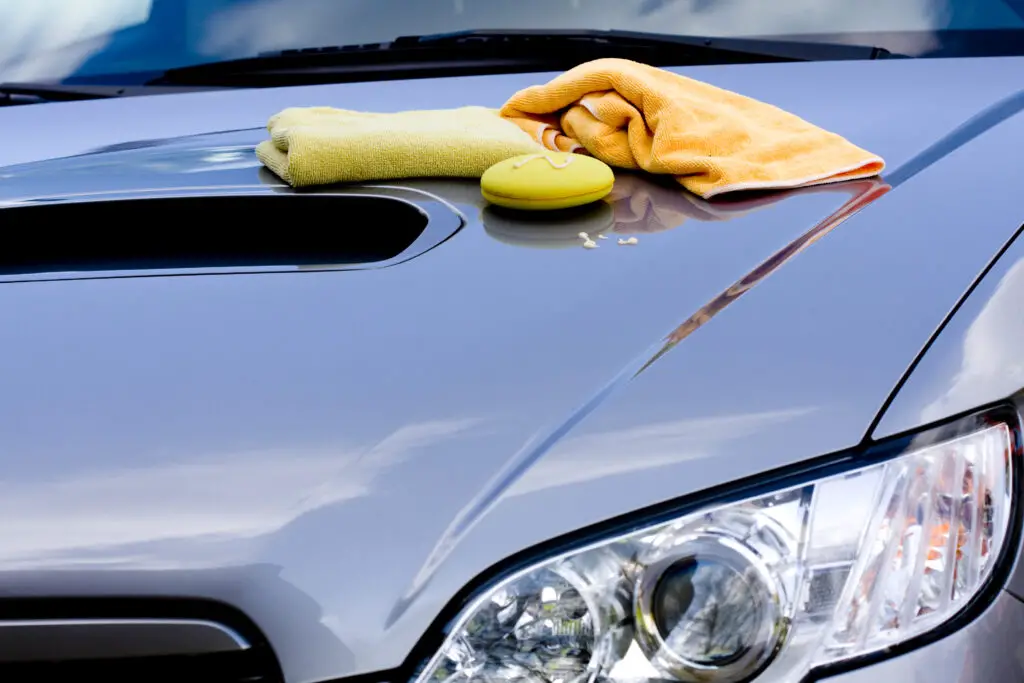
Waxing your car not only makes it look good but also helps to protect the paint from UV rays and other environmental damage. For best results, wax your car every few months.
10. Remove excess weight from the car’s trunk, such as luggage or golf clubs
Carrying around the extra weight in your trunk can reduce fuel efficiency and put unnecessary strain on your car’s suspension. When possible, remove excess weight from the trunk to help improve your gas mileage.
11. Keep your car clean inside and out
A clean car not only looks good but also runs better. Dirt and debris can build up on your car’s exterior and interior, causing a lot of different problems. For example, a dirty interior can be dangerous for your health, as dust and bacteria can cause allergies and diseases. By keeping your car’s exterior clean, you will ensure cars paint will last longer, and metal will be less affected by corrosion. This advice is especially important in winter, as road salt is constantly damaging the car’s body and metal parts. To keep your vehicle running its best, be sure to clean it regularly, both inside and out.
12. Use a gas additive
Adding a gas additive to your tank can help to keep clean engine’s fuel lines and injectors. This can help improve performance and fuel efficiency. When buying additives, be sure that you choose the right one according to your type of fuel. (Gasoline or diesel)
13. Invest in a good set of windshield wipers
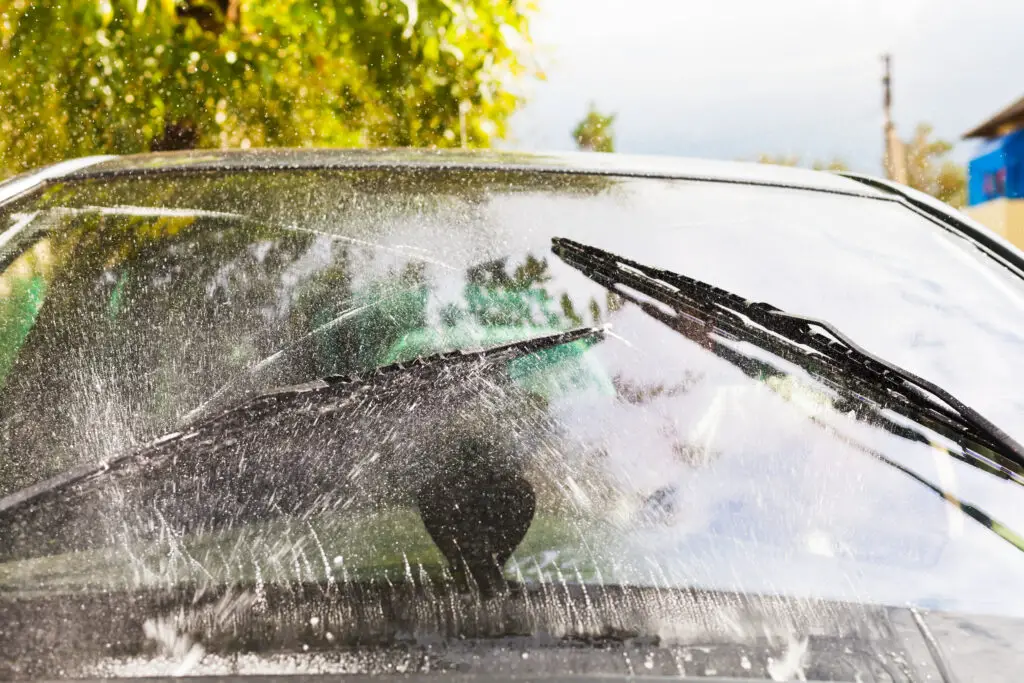
Windshield wipers are responsible for keeping your windshield clean and clear. Over time, they can become worn or damaged, which can reduce their effectiveness. For best results, replace your windshield wipers every six months.
14. Check your car’s engine coolant
Your engine coolant helps to keep your engine cool and running smoothly. There are three main coolant parameters that you should keep an eye on – pH level, freezing point, and color (shouldn’t be dirty). You can easily do all these basic checks by yourself if you have the right tools for the job. For checking coolant pH, you can use a simple pH meter. It must show a pH level between 7 and 8. Tool for freezing point control called Refractometer. In the best-case scenario, your coolant should not freeze above -40°C/40°F. All these tools are not such expensive things, so you can buy them on amazon and control your and your friend’s vehicle’s coolant.
15. Protect your car from the elements
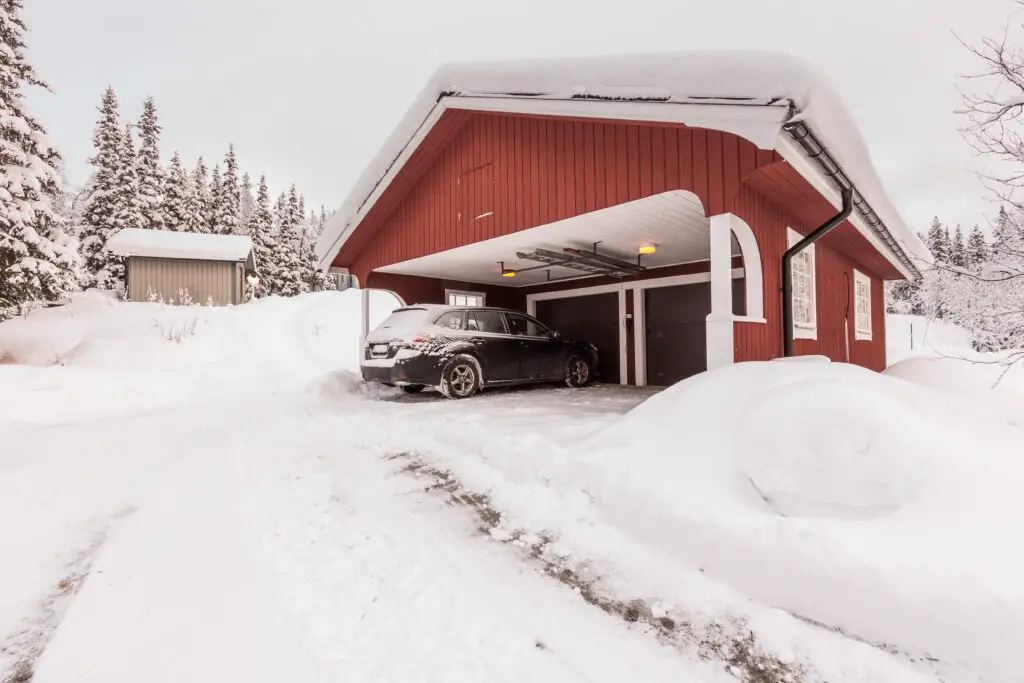
Canada is a four-season climate which means cars take a beating compared to other all-year sunny places.
In the winter season, we have to deal with salt and other chemicals that are used to melt snow and ice on the roads. These can cause rust and other damage to your car if you’re not careful. Be sure to wash your car regularly in the winter and wax it often to protect the paint.
In the summertime, the sun can be very damaging to your car. The UV rays can cause the paint to fade and can also damage the interior. Be sure to park in the shade whenever possible and use a windshield sunshade to protect the dashboard and seats.
If you have the luxury of a garage, use it! Keeping your car in a garage will protect it from the elements and can help extend its life.
16. Don’t be a car slob
You might be tempted to save a few bucks by buying the cheapest car parts you can find. However, this is often a false economy. Cheap car parts are more likely to break or wear out quickly, which can end up costing you more in the long run. It’s better to pay a little bit extra for quality parts that will last longer and perform better.
17. Change your driving style
Avoid resting your foot on the clutch and your hand on the gearstick when you’re driving. This can cause premature wear on these parts. Also, try to avoid sudden starts and stops, as this can put unnecessary strain on your car’s engine and brakes.
18. Drive responsible
We all know that drinking and driving is a bad idea. But did you know that driving while tired can be just as dangerous? If you’re feeling sleepy, pull over and take a break. It’s not worth risking your life – or the lives of others – for the sake of getting to your destination a few minutes faster.
19. Stick to the service schedule
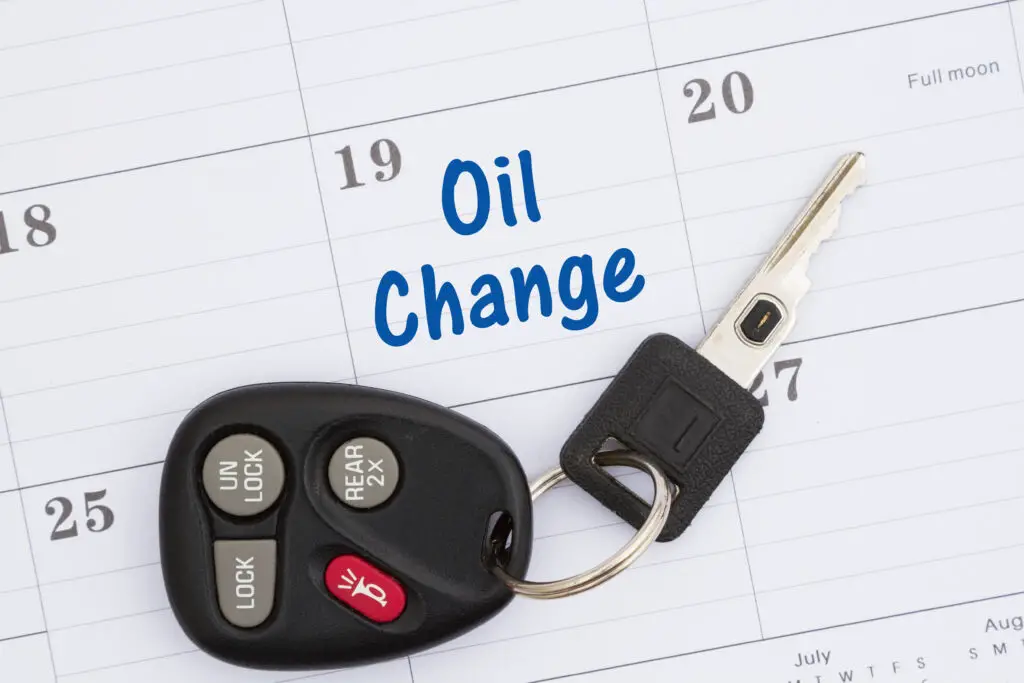
Your car’s service schedule is there for a reason. Following the schedule can help to prevent problems before they start and can also help you catch small issues before they become big ones.
20. Resist the temptation to modify your car
While it might be tempting to add a spoiler or modify your car’s exhaust, resist the temptation. These modifications can void your warranty and can also cause problems down the road.
21. Be careful when you drive
Avoiding potholes, speed bumps, and other obstacles can help to prevent damage to your car. Also, be sure to watch out for animals, as they can cause serious damage if you hit them.
22. Check your vehicle’s warning lights immediately
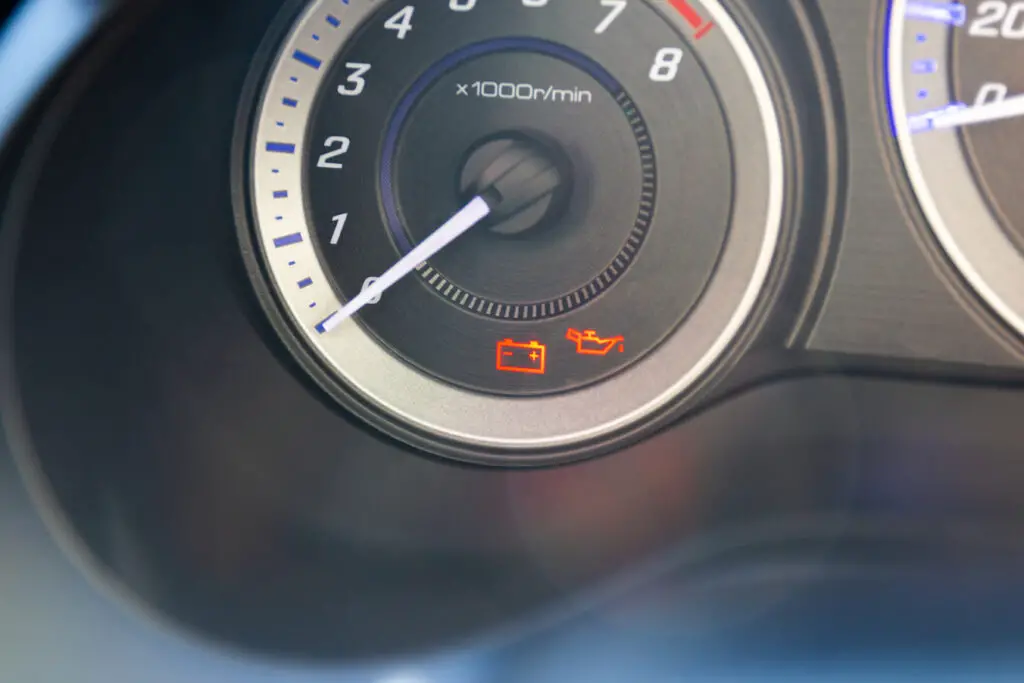
If any of your car’s warning lights come on, be sure to check it out right away. Ignoring a warning light can lead to more significant problems down the road.
Following these tips can help to extend the life of your vehicle. By taking good care of your car, you can avoid costly repairs and premature replacement. So don’t neglect your vehicle – give it the love and attention it deserves, and it will repay you by lasting for many years to come! Thanks for reading!
We hope you found these tips helpful! Do you have any suggestions of your own? Let us know in the comments below!
Happy driving! 🙂



